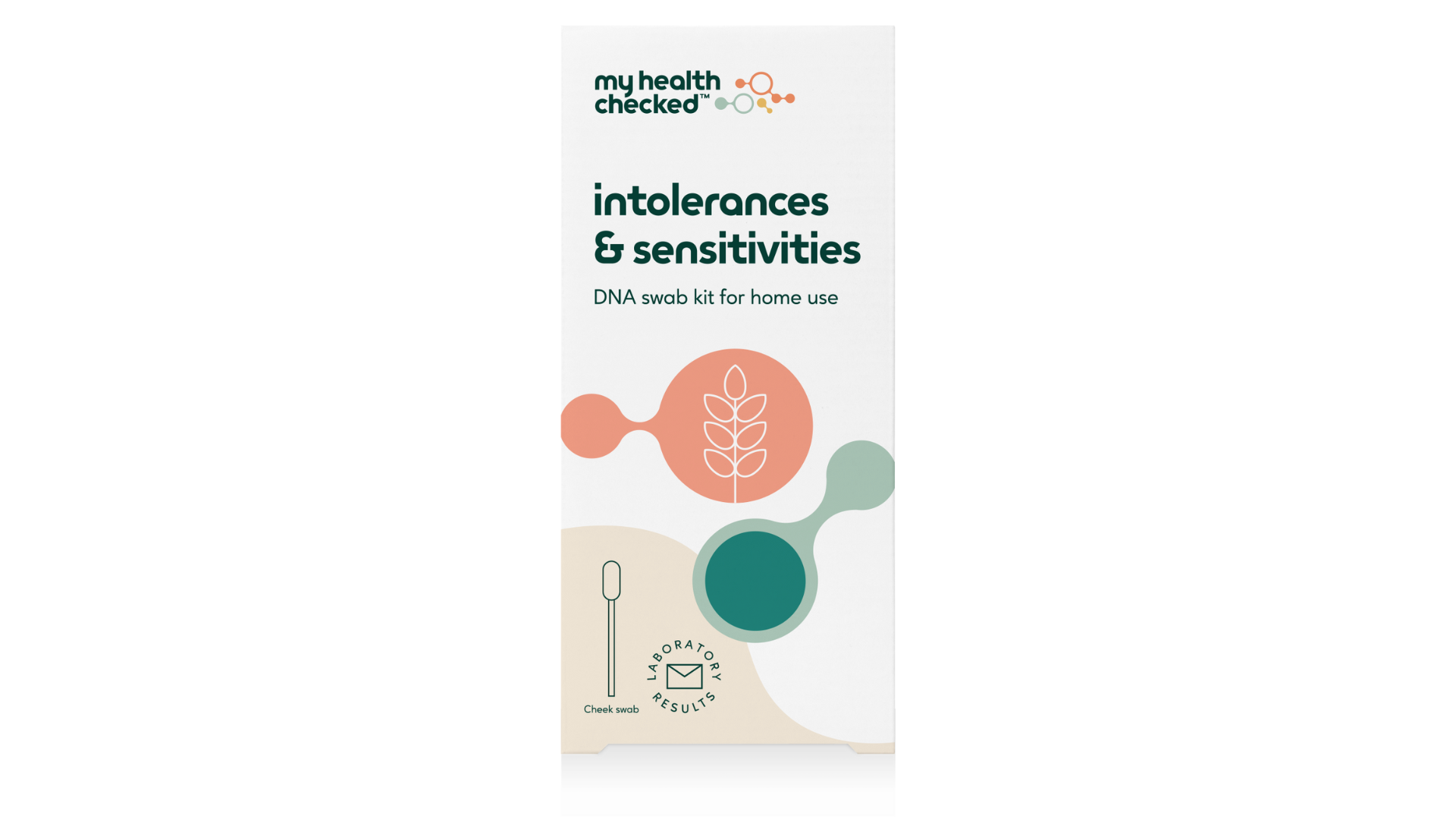Am I intolerant to alcohol? Signs to look out for
Many of us enjoy unwinding with a drink after a long day, perhaps at a social gathering with friends or colleagues. However, if you find yourself feeling unwell after just a couple of sips, it could indicate that your body is sensitive or intolerant to alcohol.
Symptoms of alcohol sensitivity
After consuming alcohol, some immediate signs of sensitivity may manifest. These include:
- Flushing and warmth of the skin
- Stuffy or runny nose
- Low blood pressure
- Fatigue
- Headache
- Hives or itchiness
- Nausea
While symptoms can vary, feeling unwell or nauseous after minimal alcohol consumption is a common indicator of sensitivity¹.
Understanding alcohol sensitivity
Contrary to popular belief, alcohol sensitivity is not related to alcoholism or addiction. Instead, it's influenced by our DNA. When alcohol is ingested, it undergoes metabolism in the body. An enzyme called alcohol dehydrogenase (ADH) breaks down alcohol into acetaldehyde. This compound, if not further metabolised, can lead to adverse reactions. Another enzyme, aldehyde dehydrogenase-2 (ALDH2), converts acetaldehyde into a harmless substance called acetic acid. Individuals who are sensitive to alcohol often have a less active or inactive ALDH2 enzyme, leading to the accumulation of acetaldehyde and subsequent adverse symptoms²³⁴.
Factors affecting alcohol tolerance
Most people vary in how they tolerate alcohol due to their liver enzyme capability. When alcohol is consumed, it is metabolised primarily by the liver. An enzyme called alcohol dehydrogenase (ADH) breaks down alcohol into acetaldehyde, a toxic substance. Another enzyme, aldehyde dehydrogenase-2 (ALDH2), converts acetaldehyde into a harmless substance called acetic acid. Individuals with more active ALDH2 enzymes can metabolise alcohol more efficiently, resulting in lower levels of acetaldehyde and fewer adverse reactions. If you drink more regularly, your tolerance increases, as you increase liver enzyme activity. However, this heightened tolerance may not necessarily indicate better health. Regular alcohol consumption can still have detrimental effects on the body, such as liver damage, increased risk of certain cancers, and addiction⁵.
Impact of COVID on alcohol sensitivity
While some individuals have reported decreased alcohol tolerance post-COVID infection, it's essential to understand that COVID itself does not cause alcohol sensitivity. Rather, factors such as long COVID symptoms or reduced alcohol consumption during illness may contribute to heightened sensitivity.
Exploring alcohol sensitivity with MyHealthChecked

If you suspect alcohol sensitivity, MyHealthChecked offers an Intolerances and Sensitivity DNA test. By analysing your DNA, this test can provide insights into your genetic predisposition to alcohol sensitivity. Armed with this knowledge, you can adjust your alcohol consumption to mitigate discomfort, promoting a healthier lifestyle.
References
- National Institute on Alcohol Abuse and Alcoholism. (2020). Alcohol's Effects on the Body. U.S. Department of Health and Human Services.
- Quertemont, E. (2004). Genetic polymorphism in ethanol metabolism: acetaldehyde contribution to alcohol abuse and alcoholism. Molecular psychiatry, 9(6), 570-581.
- Swift, R., Davidson, D., Whelihan, W., & Kuznetsov, O. (1998). Acute alcohol effects on neuropsychological functions of women and men. Pharmacology Biochemistry and Behavior, 59(4), 621-628.
- Agarwal, D. P. (2001). Cardioprotective effects of light-moderate consumption of alcohol: a review of putative mechanisms. Alcohol and alcoholism, 36(5), 409-415.
- Söderlund, S., & Hultén, P. (2005). Increased blood–alcohol concentration in chronic alcoholics during and after a period of abstinence. Alcohol and Alcoholism, 40(3), 187-192.
